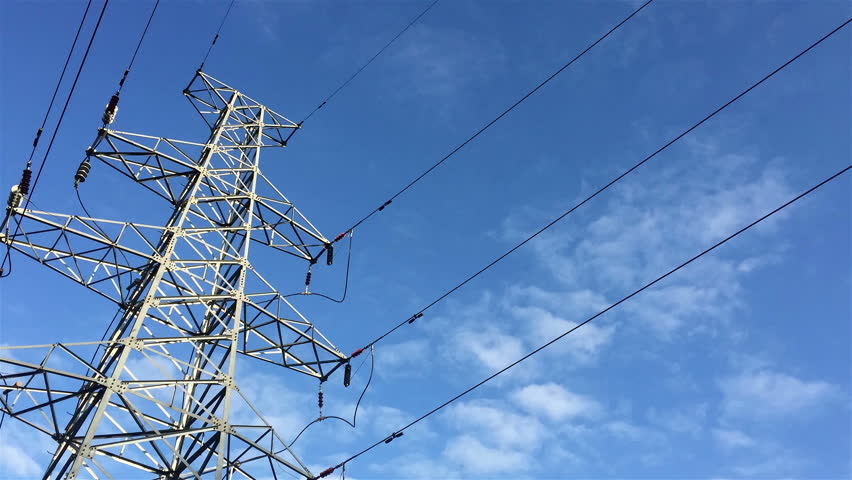High electricity tariff and the power sector
It must be clear to all by now that the power sector in Nigeria is still in shambles after years of alignment and re-alignment of the industry. Since the advent of democracy in 1999, the nation has spent colossal amounts of money, running into several billions of dollars (about N2.7 trillion) to reposition the sector. […]

It must be clear to all by now that the power sector in Nigeria is still in shambles after years of alignment and re-alignment of the industry. Since the advent of democracy in 1999, the nation has spent colossal amounts of money, running into several billions of dollars (about N2.7 trillion) to reposition the sector. Despite the privatisation of the sector in 2013, the country has failed to achieve a reliable electricity supply, neither has it attracted investors, especially foreigners.
One suicidal idea now being peddled in the country as a means of solving the electricity crisis is hiking electricity tariff further. But increasing electricity tariff is not the solution to the debacle. It will not in any way attract investors or salvage the appalling situation in the sector. You cannot talk of increasing the tariff when the power sector is still disorganised. This will only further worsen the already bad situation.
Certainly, what took place in the power sector in 2013 under the Jonathan government was a staged-managed auction of public utility to achieve a desired goal. It was not privatisation in the real sense of the word. That’s why no foreign core investor indicated interest.
If truth must be told, electricity tariff in Nigeria is amongst the highest in the world. Let it be said again that power privatisation in Nigeria was a sham and doomed to fail.
Instructively, core investors in the power sector are Nigerians who know next to nothing about electricity business but are determined to make quick profit and reap where they did not sow.
As things stand now, the only viable alternative open to the government is the complete reversal of the privatisation process and reorganisation of the sector.
There is, therefore, absolutely no basis for further increase in the electricity tariff at this critical time when the economy is in a perilous state and consumers are struggling to pay through the nose, just because of the deficiency in organisational structure and policy misconceptions in the power sector.
Underutilisation of resources, such as manpower, money, materials, machines, and methods, are commonplace in such an industry in Nigeria. It is this inefficiency that the government is subsidizing in the power sector. This has resulted in the high cost of electricity production; hence the high tariff.
Certainly, if the power sector is properly structured and organised as a viable industry, there is no reason it should not provide cheap and stable electricity supply to the economy 24 hours every day at the current installed generation capacity in the country. It can also undertake other complementary businesses in electricity generation and supply, such as retail activities in electrical/household appliances and other ventures to boost revenue profile. Consumers will also enjoy reduction in tariff through efficiency and enterprise gains.
I must stress that to further increase tariff when the power sector is disorganised is counterproductive and catastrophic. This will serve no useful purpose; instead it will adversely affect the economy. Expensive electricity will mean expensive goods and services in the country. This will have a negative multiplier effect that can stifle progress on all fronts. These impediments will discourage foreign investors from coming to Nigeria. And this will not be in the interest of the government and the country in general.
On the other hand, available, cheap and reliable electricity in the country will make our homes comfortable, resuscitate our factories for efficient and optimal operation and rejuvenate other businesses, as well as increase productivity. It will also encourage local entrepreneurs to embark on small and medium enterprises, which our economy desperately needs for growth.
It is, therefore, very necessary for the Buhari administration to urgently, in the national interest, act decisively by reversing the shoddy privatisation of the power sector. Generating and distributing companies should be run in such a way that they would be placed on a sound commercial footing. They should be run on a full/ good commercial capacity for five years. This will reshape and reposition them, as well as lay a firm foundation for the future and build a clean balance sheet for proper business to thrive.
Full commercialisation means that the power industry will fend for itself. It will no longer be subsidised by government, instead, it will be required to make profit and contribute to the operations of the government that owns it. This is the best way out of the dilemma the country finds itself in the power sector. Failure to do this might plunge us further into desolation and poverty. And that is not the road to development, security and prosperity; it leads to chaos and uncertainty. The earlier this privatisation is reversed, the better for the country. A stitch in time saves nine.
Dr. Kasim Buba Muhammad is a former policy adviser/analyst to Nigeria’s president.
